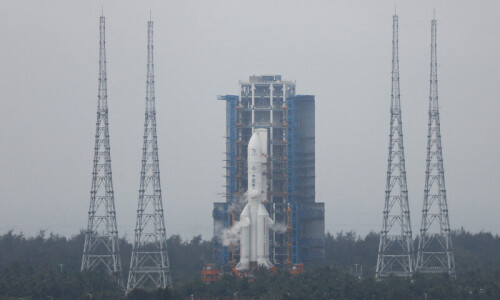Columbus sets sail
August 3, 1492
ON this day, from the Spanish port of Palos, Italian explorer Christopher Columbus sets sail in command of three ships — the Santa Maria, the Pinta, and the Nina — on a journey to find a western sea route to China, India and the fabled gold and spice islands of Asia.
During his lifetime, Columbus led a total of four expeditions to the New World, discovering various Caribbean islands, the Gulf of Mexico, and the South and Central American mainland, but he never accomplished his original goal — a western ocean route to the great cities of Asia.
But he had discovered for Europe the New World, whose riches over the next century helped make Spain one of the wealthiest and most powerful nations in the world.
Percy Bysshe Shelley is born
August 4, 1792
FAMOUS English Romantic poet Percy Bysshe Shelley is born on this day in Sussex, into a wealthy, aristocratic family. Shelley, the heir to his wealthy grandfather’s estate, was educated at Eton and Oxford.
However, Shelley could not hold on to the wealth for long and had to spend much of his life running away from his creditors. He became a disciple of radical reformer William Godwin and married his daughter Mary Wollstonecraft Godwin.
Some of his best work includes his masterpiece Prometheus Unbound, Ode to the West Wind, and To a Skylark, was written while the couple lived in Italy in the late 1810s. The Shelleys had five children, but only one lived to adulthood. Percy Shelley was drowned in a sailing accident.
First electric traffic signal installed
August 5, 1914
ON this day, the world’s first electric traffic signal is put into place on the corner of Euclid Avenue and East 105th Street in Cleveland, Ohio, the US.
However, there have been various competing claims exist as to who was responsible for the world’s first traffic signal. But among many, the most widely regarded as the first electric traffic signal is the one in Cleveland. Based on a design by James Hoge, it consisted of four pairs of red and green lights that served as stop-go indicators, each mounted on a corner post. Wired to a manually operated switch inside a control booth, the system was configured so that conflicting signals were impossible.















































Dear visitor, the comments section is undergoing an overhaul and will return soon.